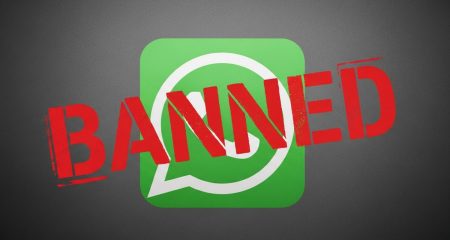 Telecommunications carriers have long grumbled that they spend a fortune building the world’s data networks only to watch the US technology giants reap most of the benefits.
Telecommunications carriers have long grumbled that they spend a fortune building the world’s data networks only to watch the US technology giants reap most of the benefits.
Now they fear Silicon Valley will take away their customers, too.
BT Group is warning of a near future in which telecoms operators’ crucial connections to households and businesses are usurped by companies such as Amazon.com, Google and Apple, depriving them of the chance to sell them the other services that underpin their profits.
“Telecoms services are increasingly integrated into wider competing ecosystems based around platforms,” said Cathryn Ross, director of regulatory affairs at Britain’s dominant telecoms company.
“In this world, the end-customer might not have a relationship with the connectivity provider, but might have a relationship instead with, say, Apple or Google or Amazon, who would provide connectivity as part of a wider bundle,” Ross said late on Wednesday in a lecture at the Institute of Directors in London attended by industry figures, regulators, economists and lawyers.
The Silicon Valley giants already offer many of the services once provided by the telecoms industry, such as voice communications through Microsoft’s Skype and texts via Facebook’s Messenger and WhatsApp.
The tech companies have been looking to develop their own communications systems, with Facebook experimenting with drones and satellites and Google parent Alphabet trying to build ultra-fast broadband networks in the US with Google Fiber and even Internet in rural areas delivered using balloons.
Ross’s remarks show the telecoms companies are anxious that Big Tech could next buy up and resell conventional network access, adding data packages to video subscriptions, music and other content in one bill and breaking the link between telecoms companies and their customers.
Emerging threat
Some telecoms operators have tried to replace lost revenues with a push into media — investing in sports and other content to sell over their own TV platforms. There, too, the tech firms pose an emerging threat. In the UK, Amazon is buying into the Premier League soccer market previously carved up exclusively between BT and Sky.
“Part of the interface has definitely been taken over,” said James Barford at Enders Analysis, citing the popularity of Apple’s Facetime video calling. “It’s a subtle issue for the operators, but they want to be able to maintain the contact with the customers, and the identity, and the brand, and some differentiation.”
Barford said he was still sceptical that companies such as Facebook or Google wanted to invest heavily in taking consumer relationships. “How much of an appetite do they have for someone calling them up and wanting to know how to plug their router in?”
 Governments are pressing the telecoms industry to move faster to upgrade their networks to fibre to cope with galloping growth in data consumption, driven in large part by the big US platforms — Google’s YouTube, Netflix and Amazon’s Prime Video.
Governments are pressing the telecoms industry to move faster to upgrade their networks to fibre to cope with galloping growth in data consumption, driven in large part by the big US platforms — Google’s YouTube, Netflix and Amazon’s Prime Video.
While BT has made fibre commitments, it’s resisted relying solely on the technology because it can boost broadband speeds more quickly and cheaply with its part-copper “G.Fast” service, and it isn’t certain it will see a return on the hefty investment fibre needs.
Ross said at the same event that companies like BT and their consumers would suffer if the UK communications regulator Ofcom only prioritised connecting homes by fibre without focusing on what consumers can actually do with their Internet.
“I’ve been surprised,” said Ross. “The debate here feels so dominated not by outcomes but by outputs and even inputs, and in particular by the debate about fibre and the amount of investment in it.” — Reported by Thomas Seal, (c) 2018 Bloomberg LP



